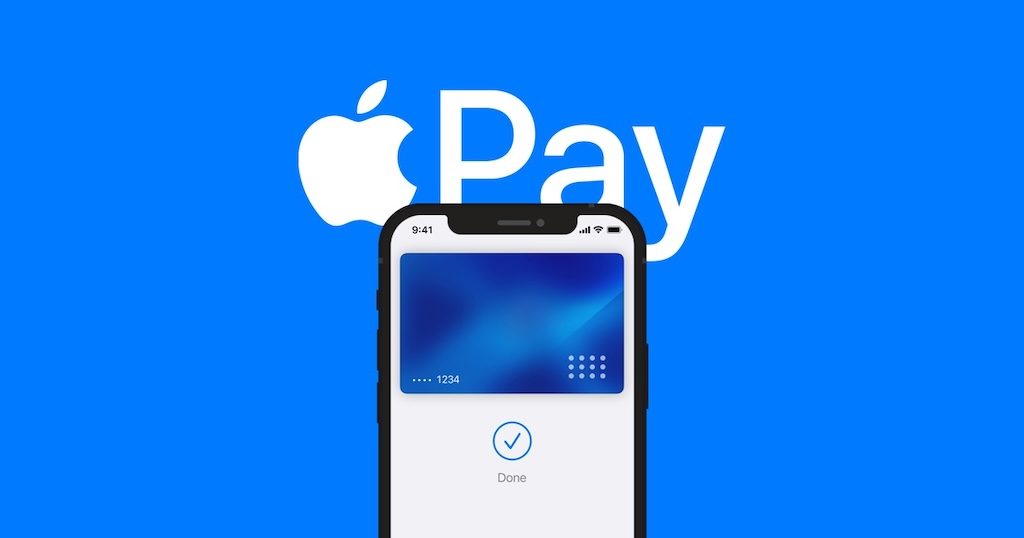Yes, Apple Pay reports to the IRS. It is required by law to report certain transactions using Form 1099-K. This form is issued when a payee receives $600 or more in gross payments in a calendar year. The recipient must declare this income when filing their taxes. Failure to do so can result in penalties.
That said, the tax reporting responsibility varies based on the nature of the payment and the total value of the payments received in a given calendar year.

1. The 1099-K Form and Its Role in Digital Payments
The 1099-K Form is used by payment processors like Apple Pay for reporting electronic transactions. Digital payment service providers have an obligation to collect tax information from their business profile customers in order to send out the form.
The individual or entity receiving the 1099-K Form must declare the income specified on the form at the time of tax filing. In short, your tax return must accurately match the amount reflected on the 1099-K Form sent to you. Keep in mind that the IRS receives a copy of the Form 1099-K sent to you.
2. Thresholds for Reporting Income from Digital Payments
Apple Pay must issue Form 1099-K when the payee receives $600 or more in gross payments in a calendar year. Previously, this threshold limit was $20,000. The lowered limit is an attempt to curb potential tax evasion.
3. How Businesses Should Report Income from Digital Payments
To ensure proper tax reporting of digital payments, businesses must choose the appropriate tax form. Sole proprietors typically use Schedule C or C-EZ Form to report their income. Partnership firms use Form 1065. So, different types of businesses use varying tax forms to report digital payments, depending on their business structure.
4. How Individuals Should Report Income from Digital Payments
Personal peer-to-peer payments exchanged among friends and family members, where there is no exchange of goods or services, will remain non-taxable. This means you won’t have to report these transactions to the IRS for tax purposes.
However, earnings must be reported, whether from freelance work, investments, online sales, or any other source of taxable income. Self-employment income is usually declared using Schedule C form, also known as the ‘Form 1040.’
5. Penalties for Not Reporting Income from Digital Payments
Failure to report digital payments to the IRS can cause a host of issues. If you under-report or do not pay your taxes on time, the tax authorities will impose monetary penalties and fines. Usually, the financial penalty is a certain percentage of the unreported income or a fixed lump sum amount.
Individuals found guilty of deliberately evading taxes may also have to spend a few months or a few years in jail, depending on the severity of the tax evasion. Offenses of this nature are taken very seriously by the tax authorities. A person avoiding taxes will also be subjected to future tax audits, which can be very stressful for the person involved.
In the last few years, tax authorities have increasingly directed their efforts towards digital payment platforms, which explains all the recent changes in IRS policies pertaining to digital payments. Given all the rigorous reporting requirements and efforts to identify discrepancies, it’s better not to take any risk and file the tax accurately.
What Are the Tax Implications of Using Apple Pay?
As discussed earlier, Apple Pay used to send Form 1099-K only to individuals with at least 200 transactions or gross payments of $20,000 in a year. The new tax rule requires Apple Pay to report to the IRS if the combined gross payment totals just $600 or more in a calendar year.
In theory, this rule change should have no implications on honest taxpayers using Apple Pay to receive payments for goods and services. Only those who have been utilizing the previously higher threshold to avoid paying taxes are the ones impacted by the lower threshold limit.
How Can You Keep Track of Your Transactions on Apple Pay?
Check Bank Statements
You can easily check Apple Pay transactions on your bank statement because the platform allows you to make payments through your linked debit or credit card. So, everything will be recorded on your statements.
Check the Wallet App
You can open the Wallet app to see all your recent transactions on your phone. The app shows the summary of all the transaction history very efficiently. The transactions are shown chronologically; the latest ones appear on the top.
Save Email Receipts
Apple Pay sends you an automated message on every transaction done through their platform. The email messages can be saved for future reference as they can serve as critical documentation of your financial dealings. They can also help resolve any transaction discrepancies.
Use Third-party Software
To streamline financial record-keeping, you can use third-party software like Xero, FreshBooks, NetSuite, Kashoo, etc. These software options make tracking expenses, sending invoices, and financial reporting very easy.
What Other Digital Payment Platforms Report to the IRS?
Digital payment platforms like PayPal, Facebook Pay, Venmo, Stripe, Cash App, Zelle, Revolut, Google Pay, Square, Apple Cash, and others that allow users to send and receive money electronically for business purposes are required to report the earnings to the IRS if their users meet specific transaction requirements.
Is There a Way to Avoid Taxes on Digital Payments?
Attempting to evade taxes on digital payments is not a good idea because there is no legal way to avoid taxes you owe to the government. Therefore, all business activity-related income, including freelance work, must be reported accurately to the IRS on your tax return form.
If Form 1099-K is issued by Apple Pay in your name, it’s important that you take the tax document seriously. To ensure accuracy, you should carefully verify the form details and compare them with your records. Once you have verified the information, you must include the income as it’s presented on the form in your tax return.
